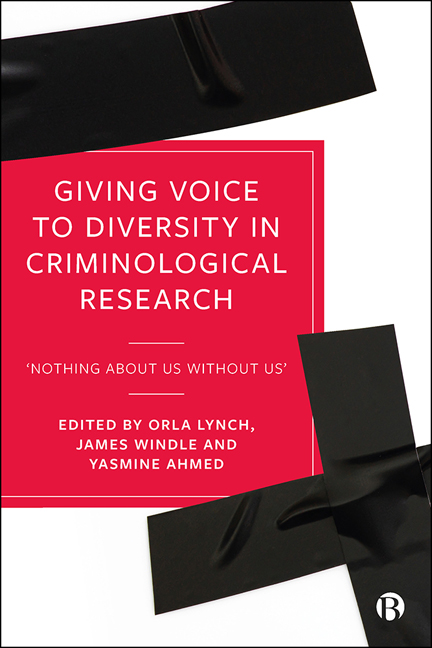9 - Access Denied: Sex Worker Health and Well-Being in the Context of Criminalization
Published online by Cambridge University Press: 13 May 2022
Summary
Nowhere is peer-to-peer research, or peer-to-peer care more important than in sex work. It would be hard to name another demographic that has experienced the level of paternalistic representation, silencing and exclusion regarding rights, laws and care without naming other demographics overly represented in sex work. It is time to move the conversation forward. Nobody knows sex workers as well as other sex workers, and we trust each other. Many of us have never been able to depend on anyone else other than each other. Stigma has kept us from being able to turn to neighbours, friends, family and sometimes even partners for fear we will lose everything. And many of us have. There are no genuine and justifiable reasons to continue to exclude us from conversations about ourselves. Nothing about us without us. (Adeline Berry, co-author and SWAI peer researcher)
Positioning sex workers as experts in their own lives is fundamentally implied in a ‘nothing about us without us’ model. As Adeline's words eloquently state, excluding sex workers from conversations about themselves is no longer justifiable. When we inhibit or limit access for sex workers to arenas where knowledge on sex work is produced and communicated, we are at once perpetuating the kind of stigma that has long disenfranchised sex working communities while also limiting opportunities for developing the depth of knowledge and experiential understanding that sex working communities hold.
This chapter draws on learning from a recent HIV Ireland– funded project carried out by researchers from the Irish Sex Work Research Network (ISWRN), in conjunction with the Sex Workers’ Alliance of Ireland (SWAI). The purpose of this study was to explore the perceived impact of legislative change governing sex work in the Republic of Ireland (the Criminal Law (Sexual Offences) Act, 2017) on the health, well-being, and safety of sex workers in the jurisdiction. The new laws introduced the criminalization of sex purchase but not of the selling of sex. Sex workers who work together, however, would continue to be criminalized under the brothel-keeping provisions of the law. SWAI managed to include two amendments to the Bill, one of which is an assessment of the impact of the operation of the laws on the safety and well-being of sex workers.
- Type
- Chapter
- Information
- Giving Voice to Diversity in Criminological Research‘Nothing about Us without Us’, pp. 161 - 184Publisher: Bristol University PressPrint publication year: 2021



